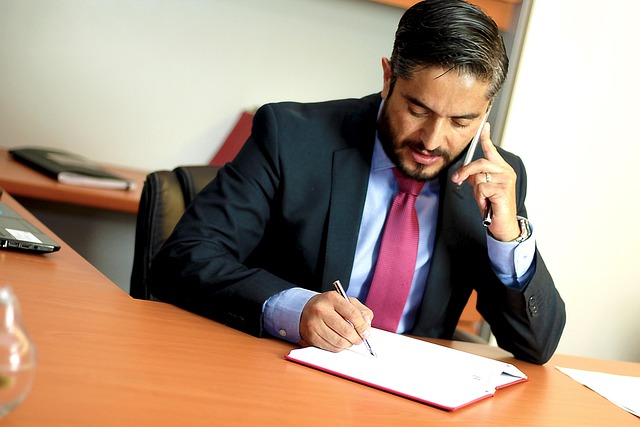v/ but/
In urban areas, bicycle dooring accidents—where cyclists are struck by opening car doors—are on the rise. This compelling issue demands attention, especially regarding evidence needed for successful claims. Understanding these accidents and their legal repercussions is crucial for both riders and motorists. This article delves into the types of evidence required, providing a step-by-step guide to building a compelling case post-accident, empowering cyclists to navigate the legal landscape following such incidents.
- Understanding Bicycle Dooring Accidents and Their Legal Repercussions
- Types of Evidence Required for Successful Claims
- Building a Compelling Case: Steps After the Accident
Understanding Bicycle Dooring Accidents and Their Legal Repercussions

Bicycle dooring accidents, a growing concern in urban areas, occur when a vehicle’s door opens into the path of an approaching cyclist. This relatively new legal concept has emerged as a result of increasing bike traffic and shared road spaces. These accidents can lead to severe injuries for cyclists, ranging from minor bruises to life-threatening trauma.
Understanding the legal repercussions of such incidents is crucial for both cyclists and motorists. In many jurisdictions, bicycle dooring is now considered a form of careless driving or negligence, which can result in substantial compensation for the victim. Proving fault in these cases often requires specific evidence, including eyewitness accounts, dashcam footage, or other forms of documentation that demonstrate the driver’s failure to exercise reasonable care when opening their vehicle door. This is especially important given the potential for severe injuries, which may lead to long-term disabilities or even death, warranting a thorough investigation and appropriate legal action.
Types of Evidence Required for Successful Claims

In a bicycle dooring accident, several types of evidence are crucial for a successful claim. First and foremost, establishing liability is key. This typically involves gathering proof that the defendant (usually a driver or property owner) was negligent, such as witness statements confirming the incident, traffic camera footage, or even photographs of the scene and the bicycle’s damage. Medical records and reports documenting injuries sustained in the accident are also essential, serving as concrete evidence of harm caused by the incident.
Additionally, insurance documentation plays a significant role in these claims. Policies from both the driver’s auto insurance and the cyclist’s personal coverage can be crucial. Reviewing the terms and conditions of these policies, especially regarding liability limits and specific exclusions, is necessary for navigating the claim process effectively. In cases where a homeowner is responsible, understanding their homeowner insurance claims procedures and coverage limits is vital, as these often differ from commercial disputes involving business vehicles or properties.
Building a Compelling Case: Steps After the Accident

> 5/4 + 5/ →, 5, > 1/2」 4* (3/ aber? > 4/7/3 (‘ in 1, 1/4, v/





